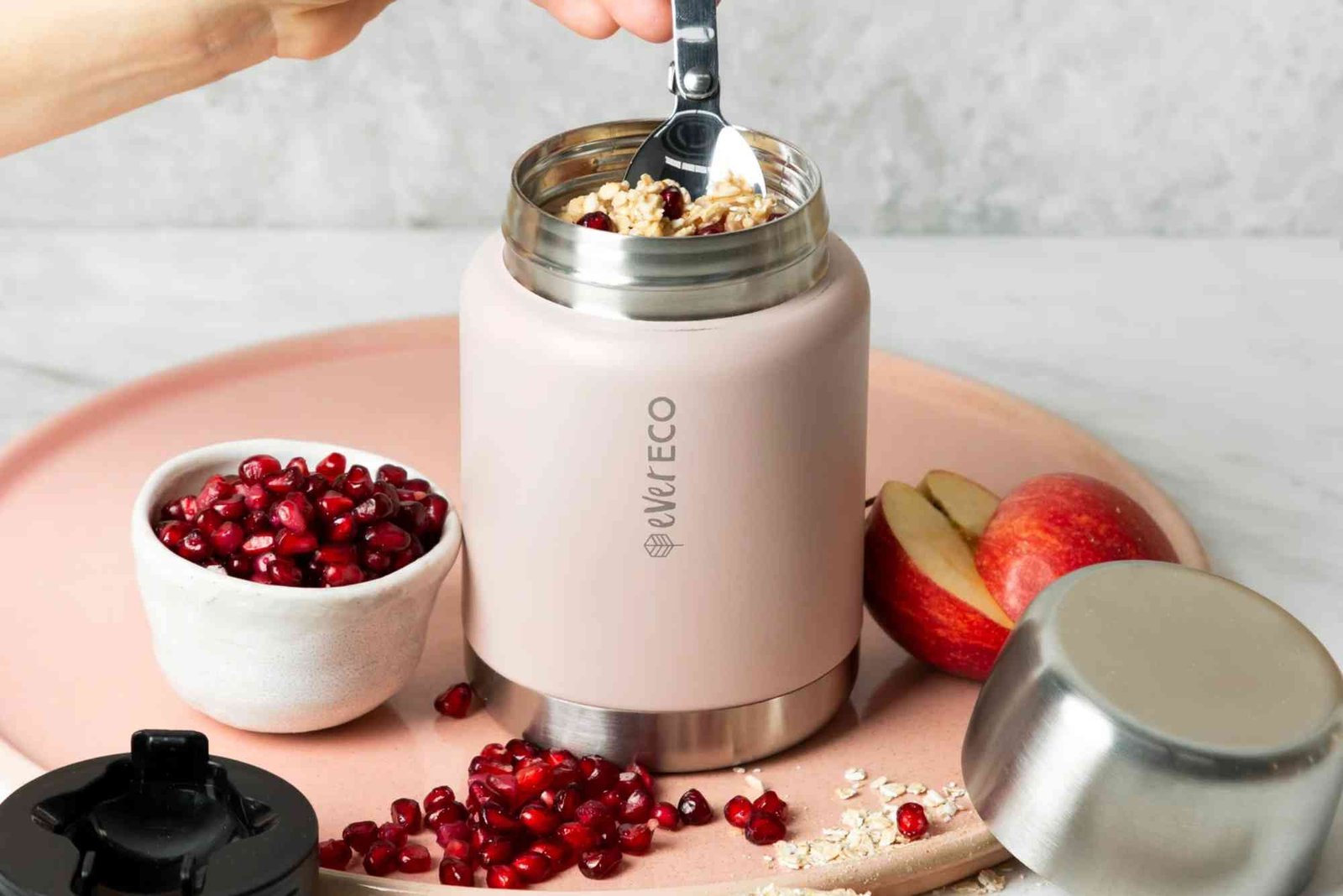Food Jar: The Ultimate Guide to Keeping Your Food Fresh
When it comes to food storage, the importance of using quality food jars cannot be overstated. Whether you’re storing leftovers, meal prepping, or preserving ingredients, a food jar is essential for keeping your food fresh, organized, and easily accessible. In this article, we’ll explore the benefits of food jars, the different types available, and tips on how to choose the best one for your needs.
What is a Food Jar?
A food jar is a container designed for storing food. These jars come in a variety of sizes, shapes, and materials to cater to different food storage needs. Food jars are commonly used for storing dry goods, liquids, or prepared meals, and they help extend the shelf life of your food by providing a tight seal that keeps air and moisture out.
Why Should You Use a Food Jar?
Using food jars offers several advantages:
Keeps Food Fresh
The airtight seal of food jars prevents bacteria and mold growth, helping to maintain the freshness of your food for a longer period.
Prevents Spills and Leaks
Unlike plastic bags, food jars offer reliable protection against spills and leaks, especially for liquids like soups, sauces, or smoothies.
Convenient and Easy to Use
Food jars are stackable, clear, and easy to label, making it easier to organize your kitchen. They also allow for easy visibility, so you know exactly what you have on hand.
Eco-friendly
Reusable food jars are a sustainable choice as they reduce the need for single-use plastic containers, contributing to a cleaner environment.
Types of Food Jars
There are different types of food jars available, each suited to specific storage needs. Let’s take a look at the most common options:
Glass Food Jars
Glass food jars are the most popular and widely used type of food storage containers. They are non-reactive, meaning they won’t leach chemicals into your food. Glass jars are ideal for storing dry foods like grains, spices, or herbs. They are also perfect for preserving homemade jams, sauces, and soups.
Advantages of Glass Food Jars:
- Non-toxic and food-safe
- Doesn’t absorb odors or stain
- Ideal for storing liquids and solids
Plastic Food Jars
Plastic food jars are a lightweight and more affordable alternative to glass jars. They come in a variety of sizes and shapes, making them suitable for both small and large food items. However, plastic jars may not be as durable as glass and can absorb odors over time.
Advantages of Plastic Food Jars:
- Lightweight and easy to handle
- Durable and shatterproof
- Affordable
Stainless Steel Food Jars
Stainless steel food jars are known for their durability and insulation properties. They are perfect for keeping hot or cold foods at the desired temperature. Many stainless steel jars come with double-walled insulation, making them excellent for keeping beverages like soups, coffee, or smoothies warm or cool for several hours.
Advantages of Stainless Steel Food Jars:
- Insulated to maintain temperature
- Resistant to rust and corrosion
- Long-lasting and durable
Ceramic Food Jars
Ceramic jars are not as common as glass or plastic, but they are a great option for those who prefer a more aesthetic storage solution. These jars are perfect for storing dry goods and adding a touch of elegance to your kitchen. However, they are prone to breaking if dropped.
Advantages of Ceramic Food Jars:
- Aesthetic and decorative
- Ideal for dry goods
- Safe for food storage when glazed properly
How to Choose the Best Food Jar for Your Needs
Choosing the right food jar depends on several factors, such as the type of food you plan to store, the jar’s material, size, and your personal preferences. Here are some tips to help you make the best choice:
Consider the Material
If you need a food jar for storing liquids or hot foods, opt for stainless steel or glass. For dry goods, any material will suffice, but glass jars are a popular choice for their durability and aesthetic appeal.
Size and Shape
Choose a food jar that suits the quantity of food you plan to store. Larger jars are ideal for bulk items like rice or pasta, while smaller jars are perfect for spices or individual servings.
Seal Quality
Look for food jars with airtight lids to ensure freshness and prevent contamination. A good seal will keep your food safe from air, moisture, and pests.
Ease of Use
Consider the ease of opening and closing the jar, as well as its ability to stack or fit into your kitchen cabinets.
Dishwasher-Safe or Not
If you want convenience, choose food jars that are dishwasher-safe. This will save you time on cleaning, especially if you’re using them frequently.
Tips for Storing Food in Jars
- Always make sure the jars are completely dry before storing food inside.
- Label your jars with the contents and date to keep track of freshness.
- Store jars in a cool, dry place to maximize their lifespan.
- Avoid overfilling jars, as this can make it difficult to seal them properly.
FAQs about Food Jars
Q1: How long can I store food in a food jar?
A: Depending on the type of food and the jar, food can be stored from a few days to several months. Proper sealing and storage are key factors.
Q2: Can food jars be used for liquids?
A: Yes, glass and stainless steel food jars are perfect for storing liquids like soups, sauces, or beverages.
Q3: Are food jars microwave-safe?
A: Glass and ceramic jars are generally microwave-safe, but check the manufacturer’s instructions for specific details.
Q4: How do I clean food jars?
A: Most food jars are dishwasher-safe. If not, wash them with warm soapy water and dry them thoroughly before reusing.
Food jars are a versatile, eco-friendly, and effective solution for food storage. By selecting the right type of jar, you can keep your food fresh, organized, and safe for longer periods. Whether you’re storing dry ingredients or prepared meals, food jars are a must-have for any kitchen.




